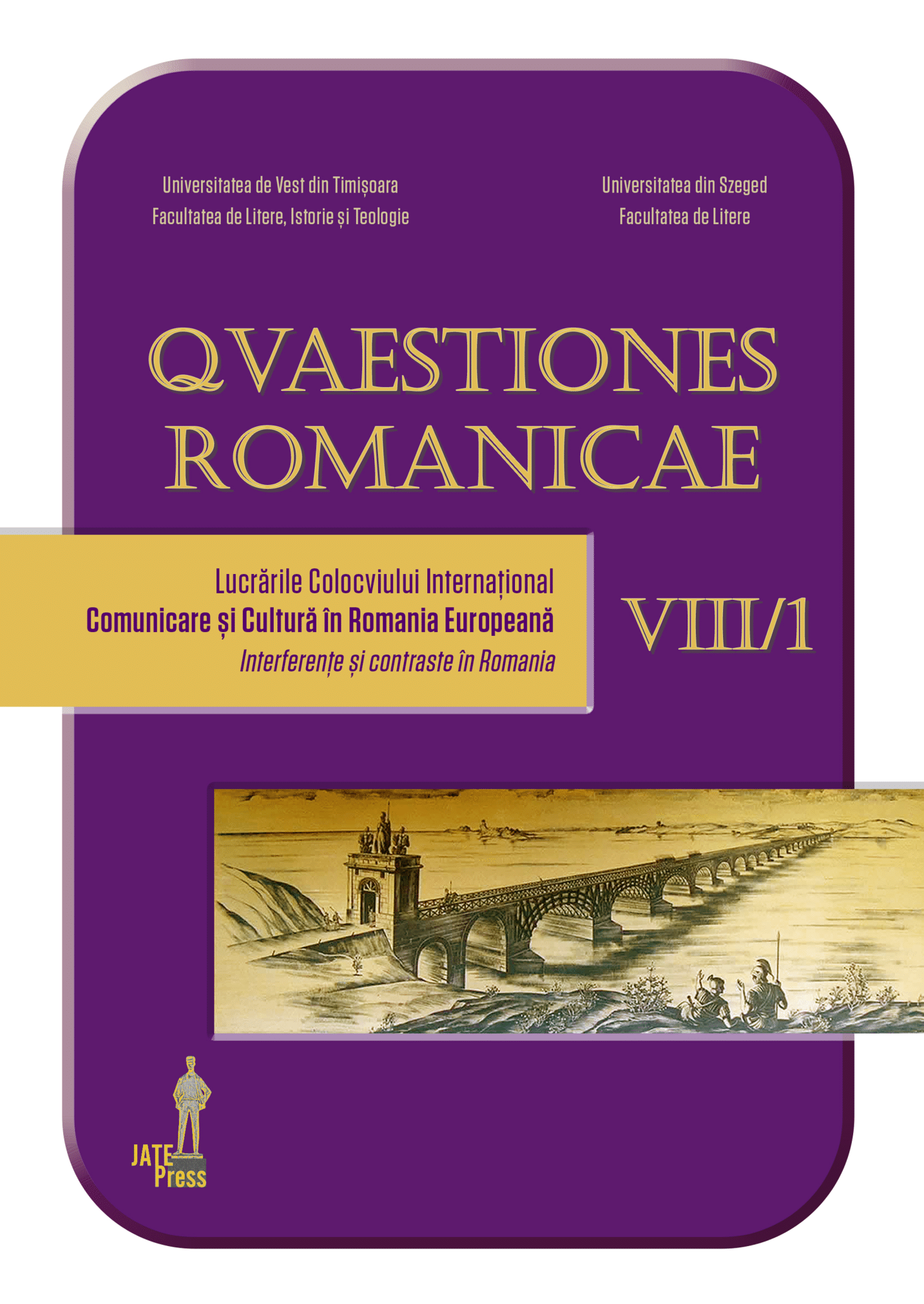Elemente ale imaginarului marin spaniol și portughez în romanul postmodern românesc
Elements of the Spanish and Portuguese Maritime Imaginary in the Romanian Postmodernist Novel
Author(s): Nicolae BobaruSubject(s): Romanian Literature
Published by: Universitatea de Vest din Timişoara
Keywords: maritime imaginary;postmodernism;recycling;exotic;fiction;
Summary/Abstract: The sea, sailing ships or modern vessels, conquistadors, explorers or pirates are just a few of the closely interconnected symbolic elements that are part of the paradigm of the maritime imaginary. Historical reality is one of the forms of the imaginary that fed the collective memory, but at the basis of the whole phenomenon there are myths, legends, fantasies or reveries, being most profound in the Anglo-American area since the 17th century. A similar case can be observed in the Iberic Peninsula, where Spain and Portugal, due to the overwhelming influence of their maritime power, which they had exercised over few centuries world wide, succeeded to get into the popular conciousness and to notably influence the literary space by means of maritime imaginary. In the current literary landscape, the emergence of novels such as Mort în Patagonia (Dead in Patagonia), Evanghelia după Araña (The Gospel of Araña), Marañon sau Adevărata istorie a descoperirii Lumii Noi (Marañon or the Real Story of Discovering the New World) bring back the nautical themes to the Romanian reader’s attention. Due to the postmodernist recuperation processes, one might consider that the 21st century literature still preserves the true naval craft in the collective memory, but responding to the current cultural contexts.
Journal: Quaestiones Romanicae
- Issue Year: VIII/2020
- Issue No: 1
- Page Range: 215-225
- Page Count: 11
- Language: Romanian

